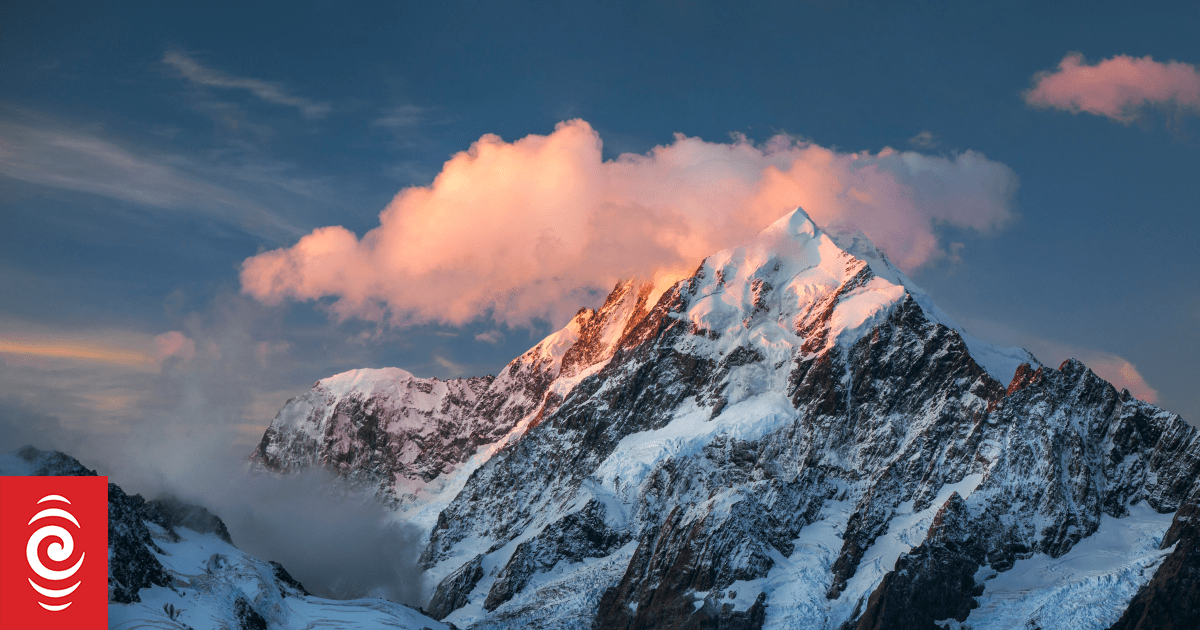Police in New Zealand have confirmed the recovery of two bodies from Aoraki Mt Cook following a tragic mountaineering accident. The victims have been identified as an internationally recognized mountain guide and their client, who succumbed to a fall from the mountain's west ridge during an overnight climb.
The incident unfolded as a party of four climbers, roped together in pairs, ascended from Empress Hut towards the summit. Two members of the group tragically fell, prompting an immediate distress signal from the two survivors. Late Monday night, the Rescue Coordination Centre received an alert via a personal device, activating a rapid response.
Recovery Efforts and Official Statements
Inspector Vicki Walker, Canterbury Aoraki area commander, stated that the climbing party included two New Zealand mountain guides and two foreign nationals. She confirmed that the bodies were located around 7 am and subsequently retrieved from the treacherous alpine environment with crucial assistance from the Department of Conservation (DOC). "We are currently working under the coroner's jurisdiction to facilitate their return to their loved ones," Inspector Walker commented, adding that police are in the process of notifying next of kin and no further details would be released until this sensitive procedure is complete. She extended heartfelt condolences to the families and friends of the clients.
The search and rescue operation was swiftly launched, with two helicopters dispatched to the scene. The two surviving climbers were safely airlifted from the mountain at 2:15 am. DOC's Aoraki SAR team led the challenging rescue and recovery efforts overnight. Sally Jones, DOC operations manager, highlighted the involvement of a specialized Aoraki SAR team member, who was flown in from Wānaka to bolster the operation.
Mountaineering Season and Inherent Risks
Mike Daisley, chief executive of the Mountain Safety Council, noted that it has been a particularly active mountaineering season. He observed that recent favorable weather conditions had attracted numerous climbers, both guided expeditions and recreational teams, to the high alpine, with many successfully summiting Aoraki Mt Cook in the preceding week. Daisley indicated that the prevailing mountain conditions were considered "ideal for mountaineering," citing firm overnight snow and well-filled glaciers after earlier spring snowstorms.
Tribute and Investigation
Anna Keeling, president of the New Zealand Mountain Guides Association (NZMGA), spoke of the profound loss. While awaiting formal identification by police, she confirmed the deceased guide was a highly respected and vital member of their community. "They were an integral part of our guiding community," Keeling stated, emphasizing the NZMGA's immediate focus on supporting the affected families, including the guide's partner and children, and the broader guiding community during this immensely difficult period. She also confirmed that a formal investigation into the tragic accident would commence, providing an opportunity for the NZMGA to understand and share insights into the event.
This tragedy serves as a somber reminder of the inherent dangers in high-alpine environments. Daisley underscored the "high-consequence environment" of New Zealand's mountains, especially its highest peak, reiterating that "mountaineering has very little margin for error. Even the most qualified professionals cannot eliminate all risk." The article also referenced a separate, prior incident in December 2024, where three climbers – 56-year-old guide Kurt Blair, 50-year-old Carlos Romero from the United States, and an unnamed Canadian guide – died while climbing Aoraki Mt Cook, their bodies yet to be recovered.
Police have confirmed that the two survivors of this recent fall are receiving support. The Ministry of Foreign Affairs and Trade has directed all inquiries regarding the incident to the police.

